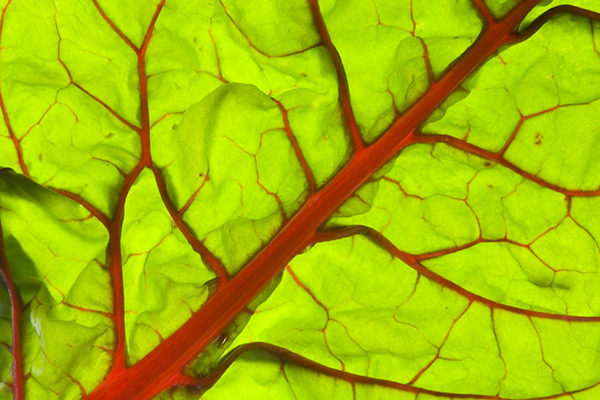
Native Delaware: Cool season
January is fertile planning time for area vegetable gardeners
1:10 p.m., Jan. 9, 2013--The wind howls at the windowpanes. The sun makes a brief appearance but departs before the workday is over. In the woods, the white-tailed deer huddle together for warmth.
In January, it’s easy to believe that spring will never arrive. But some folks, like Master Gardener Rick Judd, disregard the signs of winter around them and already are gearing up for spring.
Campus Stories
From graduates, faculty
Doctoral hooding
“I’m making my seed selections now,” says Judd, who gardens on a small but prolific plot at his suburban Newark home. “You’d be surprised how early you can plant. By mid-March, I’ll be direct seeding onions, scallions, radishes, spinach, beets, peas, kohlrabi, several types of lettuce and more.”
Judd will be out in the garden even earlier – usually by the first of March – pulling weeds, raking the soil, and amending with fertilizer so he’s ready for planting day.
An avid gardener for more than 20 years, Judd knows that vegetables are divided into two major groups – cool-season and warm-season crops.
Cool-season veggies can handle chilly conditions and even frost. In fact, the biggest threat to cool-season crops is warmth. Gardeners must plant these veggies early enough that they reach maturity before temperatures heat up too much.
In contrast, warm-season crops, like tomatoes, corn and watermelon, can’t be planted until after the last frost. Since the warm-weather growing season is fairly short in Delaware, these veggies are usually transplanted into the garden rather than directly seeded.
Judd realizes that many new gardeners are clueless about these distinctions. They mistakenly think that nothing can be planted until after the risk of frost has passed. More experienced gardeners may understand the difference between cool- and warm-season crops but are tomato or sweet corn snobs. They couldn’t be bothered getting out in the garden early to grow watercress, chive, endive and other “little, green things.”
Judd hopes to get more gardeners juiced about cool-season crops at a “Grow Your Own Spring Salad” Master Gardener workshop on Tuesday, Jan. 29. He’ll reveal his secrets to success, from choosing the right cultivars for local growing conditions to scouting for pests.
He’ll also share the surprisingly long list of cool-season vegetables that can be grown. In addition to his staple crops of lettuces, radish, spinach, beets, scallions and onion, Judd says he often plants “several more exotic choices, like arugula or kohlrabi.”
Other cool-season vegetables that can be grown in Delaware include beet, bok choi, broccoli, Brussels sprout, cabbage, cardoon, carrot, cauliflower, celery, chard, chicory, fava bean, fennel, kale, pak choi, kai-lan, parsley, peas, Swiss chard, turnip and watercress. Plus, there are a number of perennial cool-season selections, including asparagus, rhubarb and horseradish.
Overwhelmed? No need to be. First, while it may sound obvious, grow the stuff you like, says Judd. If you don’t like chard from the supermarket you probably won’t like it even when it’s grown in your own backyard.
Second, “plant stuff that’s reasonably easy to grow,” says Judd. Leafy greens are probably the easiest cool-season veggies to grow. This includes all types of lettuce, especially leaf lettuces.
The good news is that, in general, cool-season vegetables are some of the easiest plants to grow. “This isn’t like growing orchids,” notes Judd. “God was good to us in that he made a lot of our foods fairly easy to grow.”
‘Grow Your Own Spring Salad’
“Grow Your Own Spring Salad” will be held Tuesday, Jan. 29, from 7-9 p.m., at the New Castle County Cooperative Extension office in Newark. The workshop costs $20. To register, call 831-COOP.
Want to be a Master Gardener?
If you’d like to share your gardening knowledge with others, like Rick Judd does, train to be a Master Gardener. The 2013 training program in New Castle County will be held from March to May on Tuesdays and Thursdays from 9:30 a.m. to 12:30 p.m. Applications are available at this website or by contacting Carrie Murphy at 831-2506.
Article by Margo McDonough
Photo by Jon Cox








